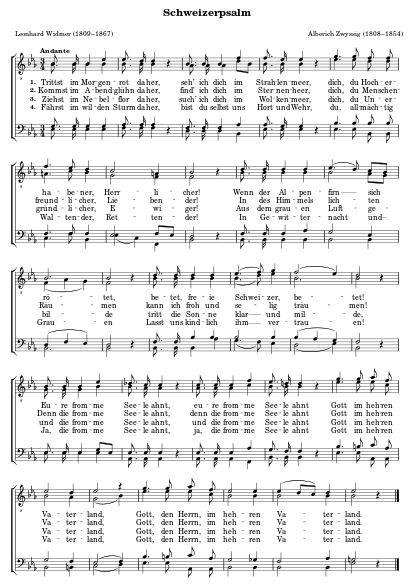What role should religion play in the affairs of the State?
Here in the United States, Thomas Jefferson first used the now-familiar phrase in an 1802 letter to the Danbury Baptist Association. In that letter, Jefferson referenced the First Amendment to the United States Constitution when he wrote:
“Believing with you that religion is a matter which lies solely between Man & his God, that he owes account to none other for his faith or his worship, that the legitimate powers of government reach actions only, & not opinions, I contemplate with sovereign reverence that act of the whole American people which declared that their legislature should ‘make no law respecting an establishment of religion, or prohibiting the free exercise thereof,’ thus building a wall of separation between Church and State.”
Government, Jefferson believed, is not to interfere with religion.
Elsewhere around the world, the approach to religious expression in politics differs widely. Two examples—from countries which have divergent views of civic religion—have been in the news recently:
Recently the Central American nation of Costa Rica, which has Catholicism as its official state religion according to Article 75 of its Constitution, was formally dedicated to God and the Blessed Mother.
Meanwhile, in secularized Switzerland, a contest has been announced to create a new national anthem—one which, unlike the current anthem, includes no mention of God or prayer.

COSTA RICA
On August 2, Costa Rican President Laura Chinchilla, along with the assembly president, Luis Fernando Mendoza, and Supreme Court chief justice Zarela Villanueva, consecrated the government, people and nation of Costa Rica to God and the Blessed Mother. She asked for forgiveness for transgressions of the past in the past, and for any legal or political decisions which were in opposition to the Ten Commandments. The President said:
“I, Laura Chinchilla, President of the Republic of Costa Rica, with the authority bestowed upon me hereby consecrate myself, my family and the Republic of Costa Rica to the love and protection of Almighty God through the intercession of the Virgin Mary, Our Lady of the Angels, placing in her loving hands my Government with all its officers, employees and citizens who are under my responsibility….
“Upon making this consecration, I ask God for forgiveness for all the transgressions perpetrated in our country in the past and for all decisions that may have been made against His commandments, asking His help to change everything that separates us from Him.”

President Chinchilla’s remarks were followed by similar professions of faith by the heads of the Legislative and the Judiciary branches.
SWITZERLAND
 Meanwhile the “open, religiously neutral” nation of Switzerland has veered in a different direction. The song which has been the official Swiss national anthem since 1981 is the Swiss Psalm (Schweizerpsalm), a four-stanza prayer which was originally written in 1841.
Meanwhile the “open, religiously neutral” nation of Switzerland has veered in a different direction. The song which has been the official Swiss national anthem since 1981 is the Swiss Psalm (Schweizerpsalm), a four-stanza prayer which was originally written in 1841.
Recently the Swiss Public Welfare Society, a national non-profit organization, announced a competition to write a new Swiss national anthem without any references to God. SPWS competition organizer Lukas Niederberger explained, in an interview with the BBC News, “We have atheists, no single god, so this anthem is a difficulty.” Niederberger expressed the hope that the new anthem would be chosen and approved during 2014, and would become the Swiss national anthem in 2015.
The current anthem, the Swiss Psalm, begins:
When the morning skies grow red / And o’er their radiance shed, / Thou, O Lord, appeareth in their light. / When the Alps glow bright with splendor, / Pray to God, to Him surrender, / For you feel and understand, / For you feel and understand, / That He dwelleth in this land. / That He dwelleth in this land.












